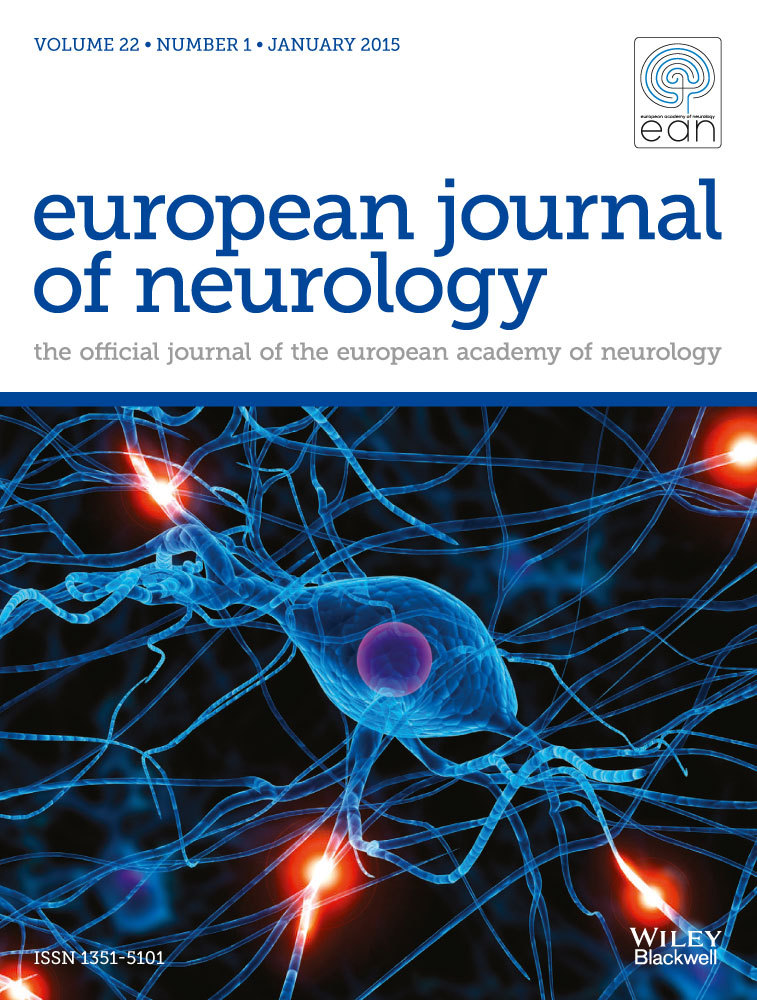Cognitive Outcomes of Advanced Therapies in Parkinson's Disease: A Systematic Review of Apomorphine and Levodopa–Carbidopa Intestinal Gel Therapies
Abstract
Background
Parkinson's disease (PD) treatments, such as apomorphine (APO) and levodopa–carbidopa intestinal gel (LCIG), represent advanced therapeutic options for managing motor symptoms. However, clear selection criteria and well-defined cognitive outcomes are lacking. This systematic review specifically aimed to address these gaps by assessing the cognitive impact of APO and LCIG in PD patients.
Methods
A systematic review was conducted following PRISMA guidelines, with searches in PubMed, Web of Science, Scopus, and Embase. Two authors screened studies based on key inclusion criteria, including at least two cognitive tests, and a follow-up of 6 months or more. The risk of bias was evaluated using the Newcastle–Ottawa Scale (NOS).
Results
Fifteen studies were identified (7 APO and 8 LCIG). APO generally preserved cognitive function over a 12-month follow-up, with some decreases in visuospatial memory and executive functions. LCIG, with a 28-month follow-up, showed more extensive cognitive decline, particularly in patients with pre-existing impairments. Variability in cognitive tests made direct comparisons difficult.
Discussion
APO may have a more favorable cognitive profile than LCIG. However, differences in follow-up duration, moderate risk of bias, and inconsistent cognitive assessments warrant cautious interpretation. Improved patient selection and comprehensive cognitive evaluations are recommended for future practice.


 求助内容:
求助内容: 应助结果提醒方式:
应助结果提醒方式:


